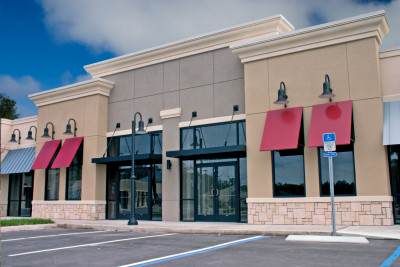Franchise or Indie?
We received an inquiry recently from a prospective entrepreneur who needed a business plan to submit to Subway in order to be approved to be a franchisee. We told him that we had prepared a number of business plans for the same audience and purpose and that we would be happy to help him.
Interestingly, he called back a few days later and told us that he was thinking about establishing his own independent sandwich shop rather than buying a franchise. But, before making a final decision, he wanted us to help him explore the pros and cons of each option. Here’s a summary of what we discussed:
Contents
Advantages to Buying a Franchise
- Market awareness and name recognition should result in a faster start.
- You will be launching with a proven model, and therefore, your risk should be lower.
- You will get plenty of help, training, and support from the franchisor. They want to see you succeed.
- The legacy and stability of the franchisor should provide comfort to your investors and lenders.
- The franchisor will provide assistance with location and construction requirements.
- Franchisors often provide the ability to purchase products or raw materials at lower prices due to their buying power.
- While your risk of failure will be lower, your return on investment will probably be steady but not outstanding.
- When it is time to exit, a franchise is usually easier to sell.
Advantages to Being Independent
- You have the opportunity to use your skill and talent to create something unique.
- You will be your own boss and have complete control over your business, from branding to operations and everything in between.
- The upfront financial investment may be smaller because you do not have to pay a franchise fee (but your investment in time will be higher because you need to create your operating model from scratch).
- If you are successful, chances are good that you will achieve a far higher return on invested capital by going independent.
- You will not have to share your profits with a franchisor.
- It’s your show, and therefore you get to make all the decisions.
- The overall quality of your offering will be better. It must be if you are to stand out from local franchisees.
Which is Better?
So, which is the best course of action for you? Franchise or independent? This really depends on several factors including:
- Your personality – If you are the kind of person who doesn’t like to take instructions or direction from someone else, then independent might be the best way to go. Alternately, if you want to be part of a proven system and concept, a franchise is probably the right choice for you.
- Your access to capital – If you have limited capital to invest, the upfront cost of going independent may be considerably less.
- Your long-term goals – If you think that you have the talent and skill to build something that is sustainable and scalable, then, by all means, go independent.
- Your Skills and Experience – Franchises are a good option for those who are new to business ownership. If you have relevant industry experience and strong business acumen, you might be well-suited for starting independently.
- Your Passion – If you have a strong vision for a unique business, then starting independently might be more fulfilling. Franchises are better suited for those who are comfortable following an established model.
No matter which choice you make, you are an entrepreneur and you have chosen to go on a journey that requires commitment, passion, careful planning, good decisions, and most importantly, taking care of your customers each and every day.

